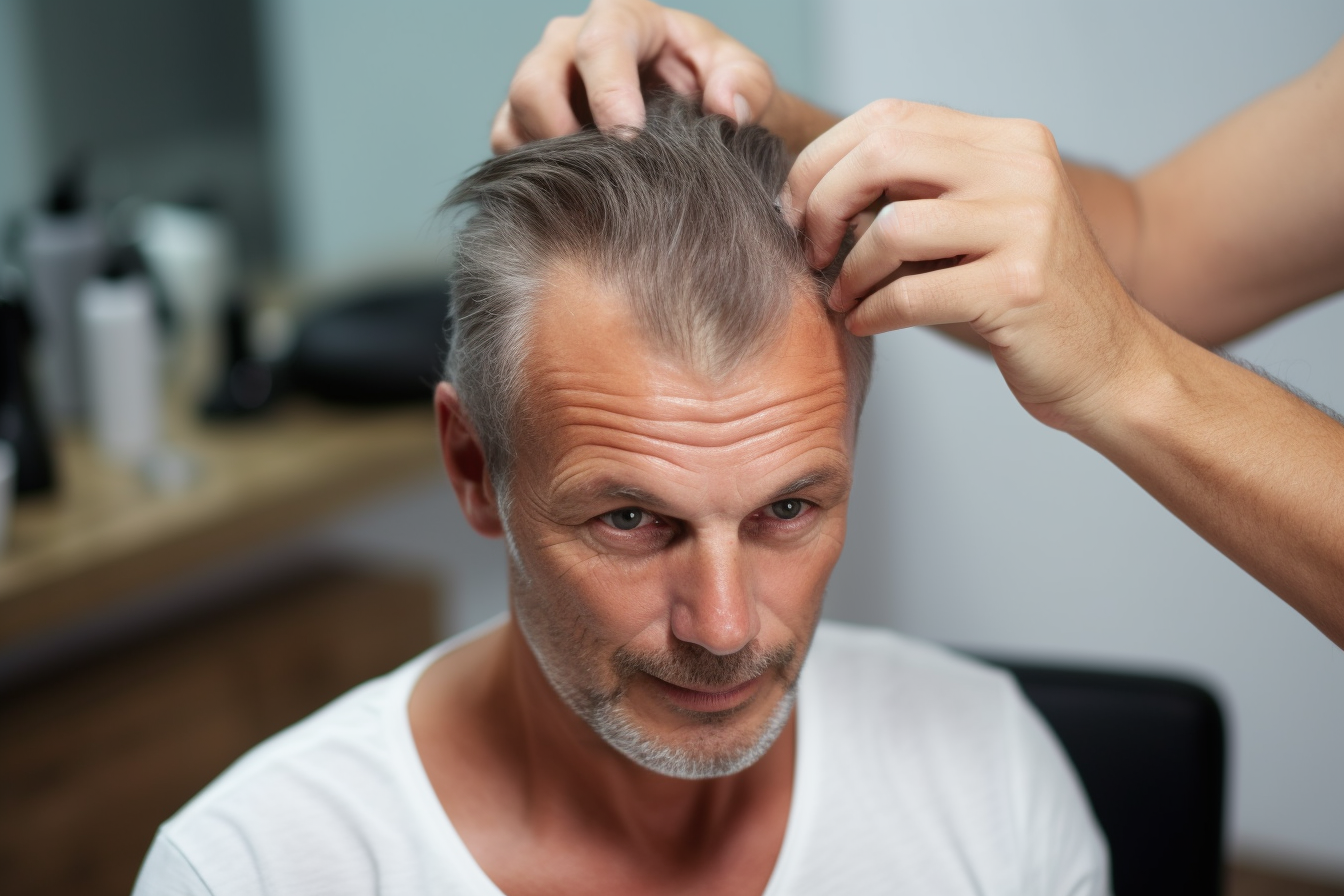Hairdresser Services for Seniors: Salon Hair Care Options
A hairdresser plays an important role in maintaining appearance, comfort, and wellbeing for seniors and elderly clients. Salon visits can offer haircuts, styling, color, scalp care, and practical advice adapted to changed hair texture and mobility needs. Understanding available services helps older adults, caregivers, and family members choose appropriate local services that respect health, safety, and personal preferences.

What services does a hairdresser provide for seniors?
Hairdressers who work with seniors typically offer a broad range of services: cuts that are easy to maintain, gentle color or gray-blending techniques, trims to manage thinning or fine hair, and simple styling suited to daily routines. Many salons now train staff in communicating with older clients and offering slower-paced appointments. Services can also include short consultations on hair care routines at home, product suggestions tailored to age-related hair changes, and assistance planning regular maintenance visits.
How to choose a salon for elderly clients?
Choosing a salon in your area involves more than price. Look for accessible facilities (ramps, wide doorways, stable seating), staff patience with sensory or cognitive issues, and clear scheduling to avoid long waits. Reviews from other local seniors or caregiver recommendations can be useful. Ask whether the salon offers private stations, quiet times, or the ability to book longer appointments when needed. Confirming hygiene practices and whether staff have experience with common age-related scalp or hair concerns is also important.
What hair care needs do senior scalps have?
As people age, hair often becomes drier, finer, and more fragile; the scalp can be more sensitive or prone to dryness. Hairdressers trained in senior hair care will adapt techniques—using gentler shampoos, avoiding aggressive chemical treatments, and handling wet hair carefully to limit breakage. They may suggest leave-in conditioners, low-heat styling tools, or protective cuts that reduce daily manipulation. This article is for informational purposes only and should not be considered medical advice. Please consult a qualified healthcare professional for personalized guidance and treatment.
Are mobile or in-salon services better for seniors?
Both mobile hairdresser services and in-salon visits have advantages. Mobile services can be ideal for seniors with limited mobility, those who receive in-home care, or when transportation is a barrier; they minimize disruption and exposure. In-salon visits often provide a wider range of equipment, professional styling options, and a social experience. Many communities offer a mix of local services, and some salons provide on-site pickup or companion services to assist older clients getting to appointments safely. Consider the senior’s comfort, health needs, and social preferences when deciding.
How can hairdressers support elderly independence and dignity?
A skilled hairdresser can promote autonomy by recommending low-maintenance cuts, home-care routines, and easy styling techniques that the client can manage alone or with minimal help. Respectful communication, offering choices, and preserving personal style support dignity. For seniors experiencing cognitive decline or physical limitations, hairdressers who coordinate with caregivers and healthcare providers—while maintaining client consent and privacy—can make salon visits positive, confidence-building experiences.
Conclusion
Hairdresser services for seniors and elderly clients are best selected with attention to accessibility, staff training, and individualized hair care needs. Salons and mobile providers can adapt techniques, products, and appointment structures to address age-related changes in hair and scalp while upholding comfort and personal style. Evaluating local services, asking practical questions about accessibility and experience, and involving caregivers when appropriate helps ensure salon visits remain safe, comfortable, and respectful.






